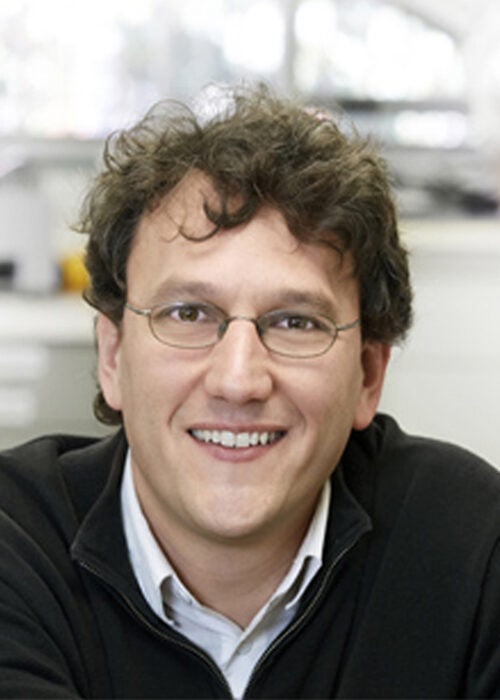Fabien Pinaud

Research & Practice Areas
Cell biology, Membrane biophyics, Mechanobiology, Molecular and nanoscale imaging, Single molecule microscopy, Nanomaterial designs
Center, Institute & Lab Affiliations
- USC Department of Physics and Astronomy (Biological Physics), Joint Appointment Faculty
Education
- Ph.D. Biochemistry and Molecular Biology, University of California Los Angeles, 2007
- B.S. Biomedical Sciences, Nottingham Trent University (UK), 1999
-
- Marie Curie and EMBO Post-Doctoral Fellow, Ecole Normale Supérieure, Departments of Biology and Physics, Paris (France), 2007-2011
-
Tenure Track Appointments
- Assistant Professor in Biological Sciences and Chemistry, University of Southern California, 2011 – 2019
Visiting and Temporary Appointments
- Associate Professor / Joint Appointment Faculty, USC Physics and Astronomy Department, 06/01/2012
Other Employment
- Member, USC Norris Comprehensive Cancer Center, 2012-2018
-
Summary Statement of Research Interests
Professor Fabien Pinaud is the Principal Investigator of the Single Molecule Biophotonics Group. The Pinaud Lab focuses on using a variety of single molecule microscopy techniques to study how nanoscale cellular compartments modulate the diffusion and the activity of proteins involved in normal and pathological cellular signaling and responses. We also develops ultra-sensitive imaging probes that quantitatively report and influence biomolecular interactions in living cells and animals. Some of these probes have potential applications for cancer diagnostics and therapeutics.
Research Keywords
Cell biology, Biophysics, Biological chemistry, Nanoscience, Optical imaging, Single molecule and super-resolution microscopy, Fluorescent proteins, Plasma membrane and nuclear envelope organizations, Signaling, Biomechanics, Nanomaterials
Research Specialties
Cell biology, Membrane biophyics, Mechanobiology, Molecular and nanoscale imaging, Single molecule microscopy, Nanomaterial designs
Detailed Statement of Research Interests
The lab studies how spatially defined nanoscale subcellular compartments influence the diffusion, the location, the interactions, and thus the activity of biomolecules in living cells and tissues. We are particularly interested in understanding how plasma and nuclear membrane scaffolds, microdomains and cavities modulate the diffusion and the activity of proteins involved in normal and pathogenic intracellular signaling. At the nanoscale, membrane compartments can accommodate discrete biomolecular interactions that deviate from the classical laws of mass action at the ensemble level, thereby allowing few copies of biomolecules to influence whole cell processes.
To resolve the spatial organization and the dynamics of such nanoscale processes involving so few biomolecules, we employ a variety of laser-based single molecule fluorescence techniques such as super-resolution microscopy imaging by PALM or dSTORM, single protein tracking using fluorophores, fluorescent proteins and quantum dots or FRET imaging. These techniques allow us to image nanoscale compartments, track signaling proteins and detect biomolecular interactions in cells with a spatial resolution of a few nanometers.
We also develop new ultra-sensitive imaging probes that quantitatively report and influence such nanoscale interactions in both living cells and animals. Some of these probes, based on nanoparticle surface engineering and photonic amplification, will have direct applications for cancer cell targeting, detection and treatment.
Our group is highly interdisciplinary as we work at the interface between cell and molecular biology, biological chemistry, biophysics, nanomaterial sciences and optical imaging. By merging ideas and tools from these different fields, we seek to gain new insight into the molecular mechanisms that govern nanostructures/protein function relationships in the context of signal processing, integration and regulation during cellular decision-making. We also aim at providing advanced nanoprobes for cancer diagnostics and therapeutics.